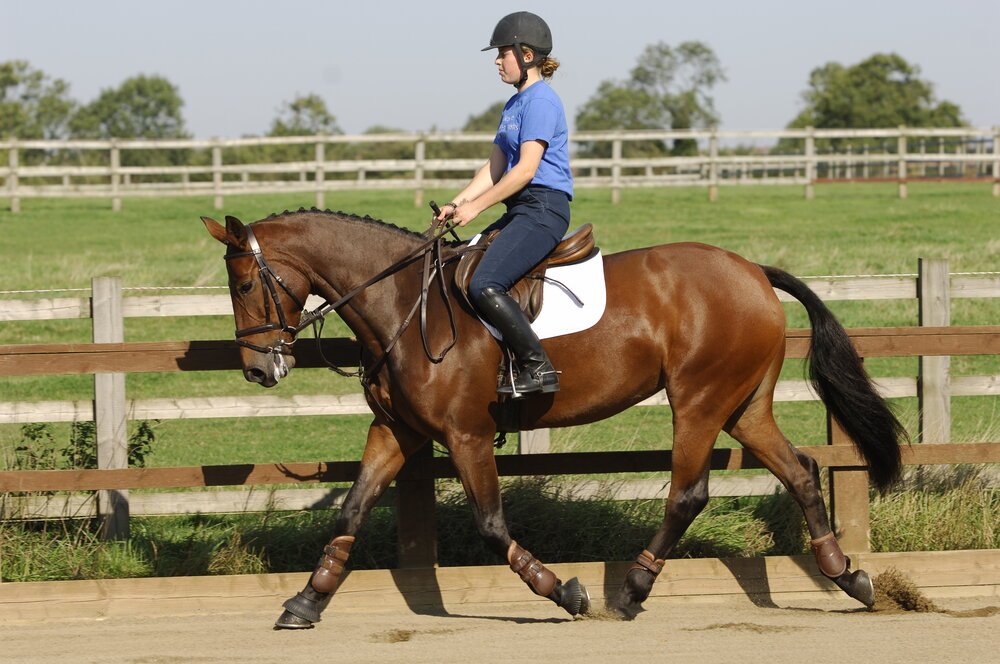Embarking on the journey of training a horse can be a fulfilling endeavor. For those passionate about horses, ensuring you have the right equipment is crucial. A well-prepared horse training gear checklist serves as your guide to not only enhancing the training process but also ensuring safety and comfort for both the horse and the trainer.
As we delve into the intricacies of horse training, it’s essential to highlight the importance of having the right tools at your disposal. Whether you’re a seasoned trainer or a novice, a comprehensive understanding of necessary gear can make all the difference in achieving successful training outcomes.

The Basics of Horse Training Gear
Before diving into specifics, its important to grasp the basic components of horse training gear. These essentials lay the foundation for any training session, ensuring that both horse and trainer are equipped to handle each task effectively.
Essential Tack Items
The first step in assembling your horse training gear checklist is understanding the essential tack items. These include the saddle, bridle, and girth. Each piece plays a pivotal role in communication and control during training sessions.
Choosing the Right Saddle
A well-fitted saddle is crucial for both horse and rider comfort. Consider factors such as the type of riding, horse’s build, and your personal preferences when selecting a saddle. Its beneficial to familiarize yourself with different saddle types to make an informed decision.
The Importance of a Good Bridle
The bridle is another vital component of your horse training gear. It helps in guiding the horse and is an essential tool in establishing a connection with the animal. Choose a bridle that fits well and complements the horses needs.
Additional Accessories for Training
Beyond the basic tack items, there are several additional accessories that can enhance the training process. These items, while not always essential, can provide added benefits and improve overall training efficiency.
Training Aids and Tools
Incorporating training aids like lunge lines, whips, and martingales can assist in correcting specific behaviors and improving communication between you and your horse. These tools, when used correctly, can make training sessions more productive.
Protective Gear for Safety
Safety is paramount when working with horses. Ensure that your horse training gear checklist includes protective gear such as helmets, gloves, and sturdy boots. These items protect both the trainer and the horse, minimizing the risk of injury.
Understanding Horse Behavior
Effective training goes beyond equipment; understanding horse behavior is equally important. Familiarize yourself with common behavioral traits and body language to facilitate smoother training sessions.
Reading Body Language
Horses communicate through body language. Recognizing signs of stress, discomfort, or willingness can guide your training approach, ensuring that you adjust techniques to suit the horses needs.
Building Trust Through Training
Building trust is a critical aspect of training. Activities such as gaining trust and establishing a rapport with the horse create a positive learning environment, fostering cooperation and willingness during training sessions.
Maintaining Your Horse Training Gear
Proper maintenance of your gear extends its lifespan and ensures optimal performance. Regular cleaning and inspection of equipment are essential practices for any horse enthusiast.
Cleaning and Storage Tips
After each session, clean and store your gear properly. Use appropriate cleaning products for each type of material, and ensure that gear is stored in a dry, cool place to prevent damage.
Routine Inspections
Conduct routine inspections to identify wear and tear. Regularly check the condition of leather, buckles, and stitching to ensure that your gear remains safe and functional.
Advanced Training Techniques
For those looking to elevate their training, exploring advanced techniques and gear can provide new challenges and opportunities for growth.
Introducing New Equipment
As you progress, consider introducing advanced equipment like specific tack and training aids that cater to more complex training routines. This allows for the development of specialized skills and enhances the overall training experience.
Continuous Learning
The world of horse training is vast, with endless opportunities for learning. Engage in workshops, read books, and participate in community discussions to stay informed about the latest trends and techniques in horse training.
Common Mistakes and How to Avoid Them
Even seasoned trainers can make mistakes. Identifying common pitfalls and learning how to avoid them can save time and prevent potential setbacks.
Overlooking Safety Precautions
One of the most common mistakes is neglecting safety. Always prioritize safety by wearing protective gear and conducting thorough checks of your equipment before each session.
Ignoring Horse Feedback
Ignoring a horses feedback can hinder progress. Pay close attention to behavioral cues and adjust your approach accordingly to foster a positive training environment.
The Role of Technology in Horse Training
Technology has made significant strides in enhancing horse training. From apps to advanced monitoring systems, technology can aid in tracking progress and refining techniques.
Using Training Apps
Explore the use of training apps that offer structured programs and track performance metrics. These tools provide valuable insights into training progress and areas for improvement.
Incorporating Monitoring Systems
Advanced monitoring systems can track a horses physical condition, providing data on heart rate, speed, and distance covered. This information is invaluable in tailoring training sessions to meet specific goals.

FAQs
What is the most important piece of horse training gear?
The saddle is often considered the most important piece of gear as it directly impacts comfort and control during training sessions.
How often should I inspect my training gear?
Regular inspections should be conducted every few weeks, with thorough checks after each training session to ensure safety and functionality.
Can I use technology to improve horse training?
Yes, technology such as training apps and monitoring systems can provide valuable insights and enhance the overall training experience.
This article contains affiliate links. We may earn a commission at no extra cost to you.








